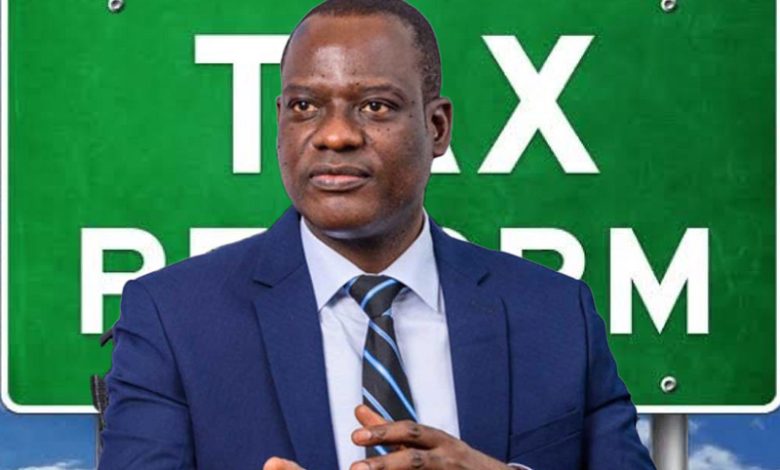Oyedele Says 5% Fuel Levy On Hold Until Naira Strengthens Or Oil Prices Fall

Chairman of the Presidential Committee on Fiscal Policy and Tax Reforms, Taiwo Oyedele, has said the proposed 5% fuel surcharge will not be implemented until key economic conditions improve — particularly a stronger naira or a drop in global crude oil prices.
Speaking at the Haulage and Logistics Magazine Conference & Exhibition in Lagos, Oyedele explained that while the policy aims to generate funds for road maintenance, enforcing it now would further burden Nigerians already struggling with rising costs.
He recalled that the fuel surcharge was first introduced during former President Olusegun Obasanjo’s administration to allocate part of fuel revenue to road repairs — 40% for federal roads and 60% for state and local government roads.
“The idea is brilliant and already being implemented in more than 150 countries,” Oyedele said, expressing concern that most of Nigeria’s 200,000 kilometres of roads remain in poor condition.
He noted that the Federal Roads Maintenance Agency (FERMA) had sought approval to begin collecting the levy following fuel subsidy removal but said the committee opposed it.
“We said no – introducing such a tax now would be insensitive,” he stated.
Oyedele explained that the surcharge remains in the draft tax law but would only take effect after an official order from the Minister of Finance.
“For me, the right time will be when the naira strengthens or crude prices drop, so the surcharge won’t raise pump prices,” he added.
He further assured that the committee’s ongoing tax reforms are focused on easing the burden on the haulage and logistics sector by scrapping multiple taxes, reducing operational costs, and improving efficiency.
“We are not introducing new taxes; we are removing the many duplicated ones that frustrate transporters and increase prices,” he said.
Oyedele added that under the new policy, transport and logistics businesses with annual turnover below N100 million will be exempt from company income tax, while eligible operators will enjoy VAT refunds and other tax incentives.
He emphasized that the reforms will simplify Nigeria’s tax structure and ensure all revenues are collected transparently and shared fairly among all tiers of government.


